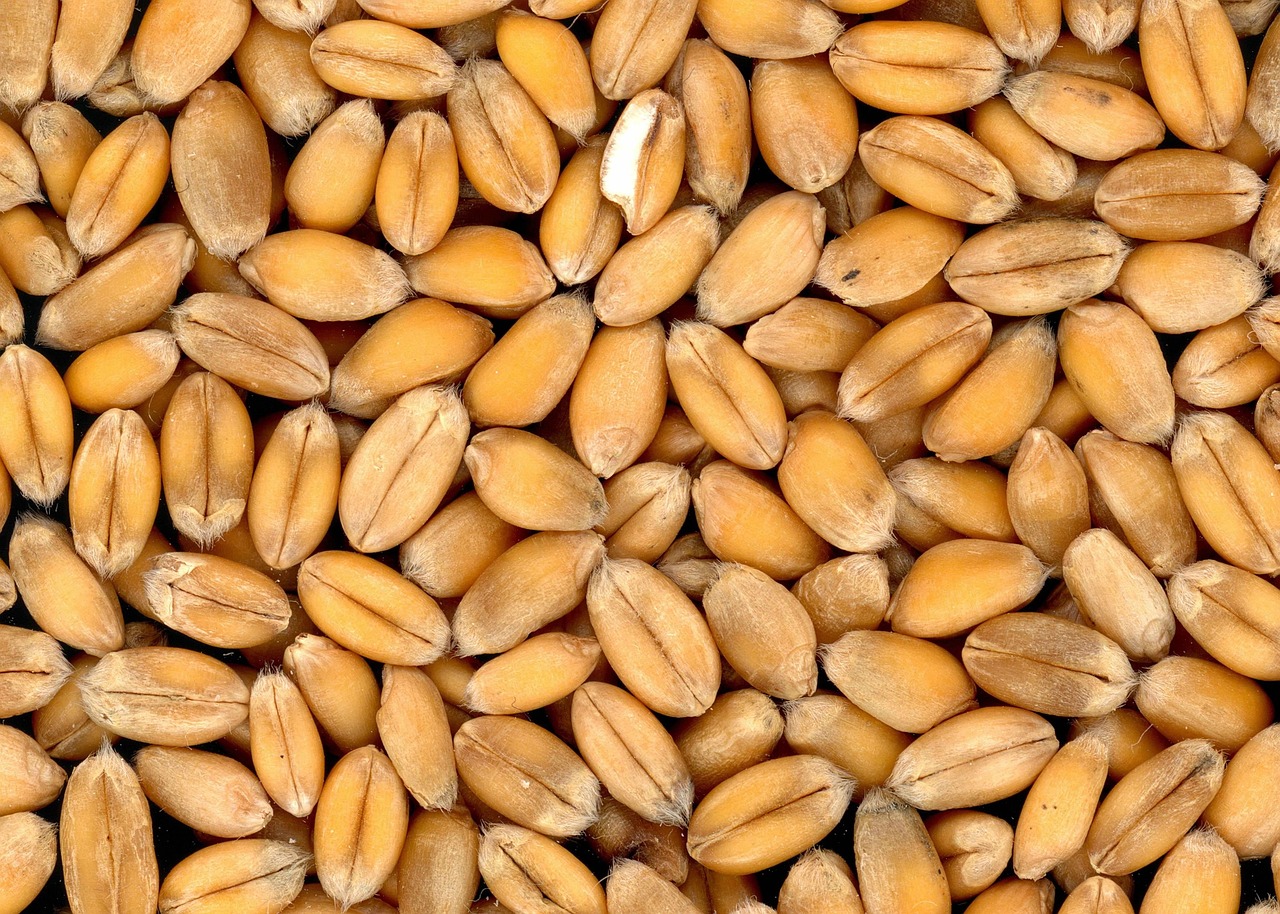Five EU countries demand revision of the trade agreement with Ukraine: focus on agricultural exports
15 July 19:29
Poland, Slovakia, Hungary, Bulgaria, and possibly Romania have called on the European Commission to reconsider the new trade agreement with Ukraine. The reason is concerns about the “unlimited inflow” of Ukrainian agricultural products to the European market, which, according to these states, harms local farmers, "Komersant Ukrainian" reports.
This is stated in a letter published by the Hungarian mission to the EU on the social network X.
Sources in the EU institutions confirmed that Romania also plans to join the initiative.
The letter contains the following key requirements for the European Commission:
- Return of quotas on imports of Ukrainian agricultural products to the level that was in effect before Russia’s full-scale invasion;
- Introduction of sanitary and environmental standards for Ukrainian producers – the same as those applied in the EU;
- Setting a minimum price for Ukrainian goods to combat alleged dumping.
The signatory countries insist: Ukraine must adhere to a “level playing field” to access the European market.
After the outbreak of full-scale war, the EU introduced a trade visa-free regime for Ukraine in June 2022, temporarily lifting duties and quotas on Ukrainian imports. This step was intended to support Ukraine’s economy in the face of war and a naval blockade by Russia.
In June 2024, the EU extended the duty-free regime for another year, until June 2025. At the same time, to protect the domestic market, Brussels restricted free access to the European market for a number of products, including honey, sugar, poultry, eggs, oats, and corn.
The new trade agreement that is currently being prepared to replace the “trade visa-free regime” provides for an increase in export quotas for Ukraine. These include mushrooms, processed dairy products, honey, wheat, and barley groats.
However, some EU countries, such as Poland, unilaterally canceled the regime of autonomous trade preferences for Ukraine back in May 2025, despite the continuation of their validity at the EU level.
The key dispute is the balance between supporting Ukraine and protecting the economic interests of farmers from Central and Eastern Europe. Negotiations are ongoing.









